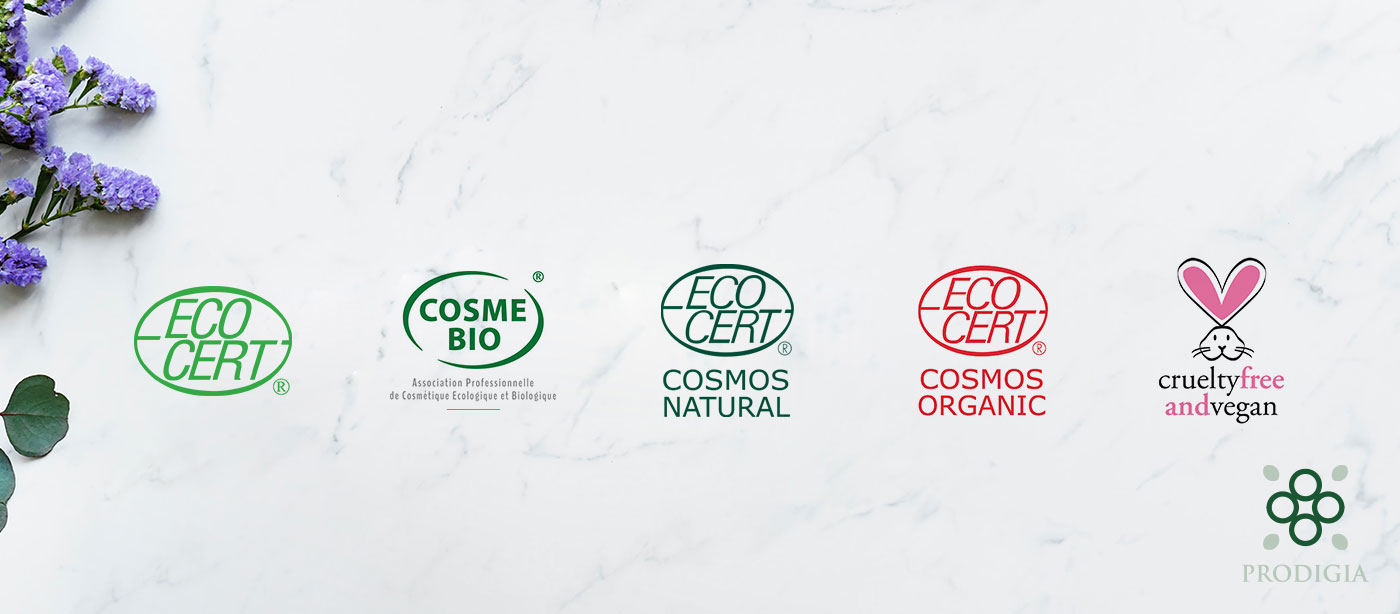The world of cosmetics is among the most stricts in terms of regulations, compliance with good practices, and quality control. Obtaining the necessary certifications and labels is very important for the creation of your natural cosmetic brand. We’re telling you all the basics in this article.
The importance of cosmetic labels and certifications lies in the clear and transparent information they provide to ever more demanding consumers. It is by affixing cosmetic label logos to your products that you show your customers your willingness to put your requirements forward.
These labels and certifications guarantee that your cosmetic products comply with different requirements (environment, Halal, etc.), but also perfectly safe, effective and pleasant to use. They thus allow brands to position themselves more easily on premium quality and safe cosmetic products.
Good Manufacturing Practices
When it comes to certifications, the best guarantee of a manufacturer’s quality is its compliance with Good Manufacturing Practices (GMP). Compliance with all guidelines for the production, control, storage and shipping of cosmetic products is validated by the laboratory obtaining ISO 22716.
Organic certifications and labels
For cosmetic brands, it is best to label your natural or organic products; through certification according to the international COSMOS standard or the private Ecocert standard (more profitable from a commercial and marketing point of view). Consumers have access to transparent information on the content of natural and organic ingredients indicated on the products.
The ECOCERT group offers different labels according to the company’s philosophy.
Organic farming: there are different labels depending on the country of production (USDA for the United States, JAS for Japan, or Organic Agriculture for Europe). This label is only valid for unprocessed raw products (for example: argan oil and rose water can be labeled “Organic Agriculture”).
Cosmos Organic: This label is valid for formulated products (mixture of ingredients). A product is eligible for COSMOS organic when it contains at least 95% of plant ingredients from organic farming and when at least 20% of the total ingredients are from organic farming (plant ingredients or not). There is a list of ingredients allowed in the formulation of organic products.
Cosmos Natural: a product can be labeled cosmos natural when all the ingredients used are of natural origin with the exception of a restrictive list of ingredients (certain preservatives for example)
The Cosmébio label provides guarantees on the composition of natural and organic cosmetics. Cosmebio issues its label on cosmetics containing 95 to 100% natural ingredients, 95 to 100% organic ingredients on plant ingredients and with a maximum of 5% approved ingredients in a restrictive list.
These labels and certifications are necessary throughout the value chain; When a brand wants to be labeled Cosmos Organic, for example, it is necessary that the manufacturer is also labeled, as well as the farmer who supplied the ingredients.
Other cosmetic labels
There are other labels that can establish the philosophy and credibility of the brand. We can cite for example: the Vegan, Cruelty free, Halal, or even RSPO (for responsible sourcing of palm oil) labels.
Note, however, that by purchasing products from a manufacturer with the Organic Label, the label is not automatically granted to your brand; the procedure for obtaining the Organic Label for your products must be launched again.
Prodigia is here to advise you and to help you master these formalities, and to offer you many more services thanks to our full service of white label offer for the development of tailor-made cosmetic products and ranges.



